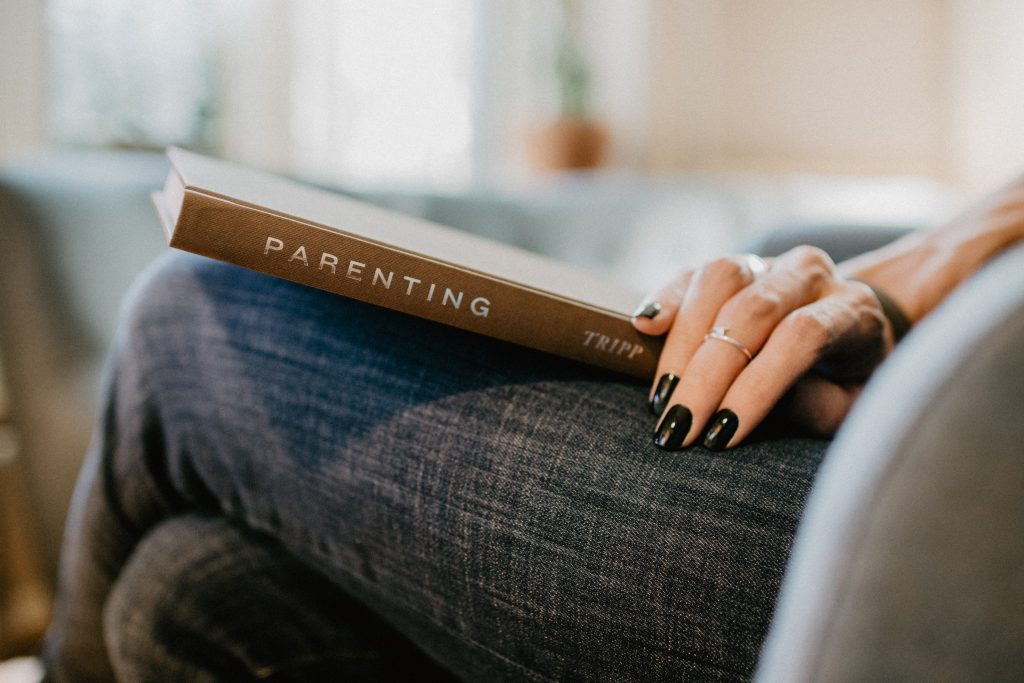The experience of a perinatal loss appears to color mothers’ subsequent parenting experiences (Üstündağ-Budak, Larkin, Harris, & Blissett, 2015). Some mothers integrate their awareness regarding the fragility of life into their subsequent parenting experiences and became more authentic in their relationship with their infant. In some other cases, however, parents may discover themselves becoming preoccupied with overwhelming anxiety of losing their living child and failing to let go of the child that died. Such preoccupation yet again would distort the relationship. The child/children born subsequent to loss, or given the role to make up for a loss, or a surviving one that can be a replacement child may not be allowed to be the person who she or he really is and might experience an overprotected and controlled style of parenting. This preoccupation would be the reflection of the parent’s failure to embrace the existence of dual forces of life and death for every child. For the subsequent children, this means they are left to prove that they are going to survive and must be perfect to measure up to the idealized sibling. Parents of a child born subsequent to loss need to ‘come home to self’ as a parent and acknowledge the co-existence of children, the lost one in memory, and the alive one in the family, but realize their separateness at the very same time.

When I reflect on my own relationship with my daughter born subsequent to loss, although I did not replace my stillborn daughter with my subsequently born daughter, I nevertheless feel like I failed to give my daughter the possibility to choose her own path and recognize the creative and destructive forces inherent to all life as explained in Kristina Schellinski’s book on Adult Replacement Children (2019), especially very early on. Jung noted that ‘on the road to wholeness one cannot escape being suspended between the opposites’, in these cases between the opposites of life and death. This realization enables a parent to have an experience of wholeness with a renewed sense of nowness and consciousness. In my view, this also applies to the parent’s soul-to-soul connection with their living and at the very same time with their deceased child. This brings wholeness and a valuable opportunity for authenticity in the relationship between parent and child and the freedom for the living child to embrace the full spectrum of its own.
A.Meltem Üstündağ Budak human existence.
Associate Professor, Counselling Psychologist
If you liked this article, please consider sharing it with your friends and leaving a comment below. Also, don’t forget to “Like” us on Facebook, “Follow Us” on Twitter, and “Follow Us” on Instagram.
And if you haven’t subscribed to the Replacement Child Forum, now would be a great time to do it so. Just enter your email on the form at the top of the sidebar on the right. Then you’ll receive a notification whenever we post new articles. Don’t worry, we never sell or share your information. While you’re at it, check out our YouTube channel (here) where you will find our complete video library.